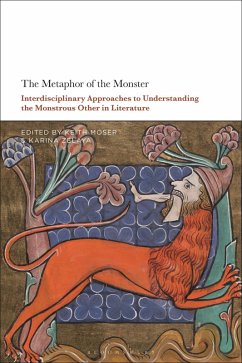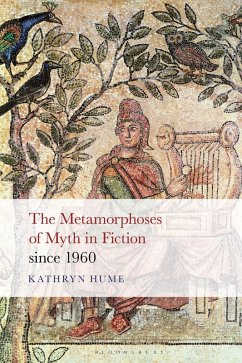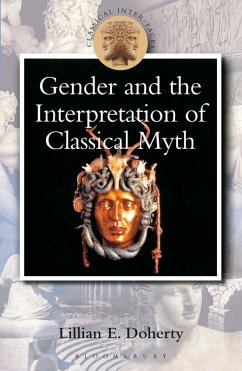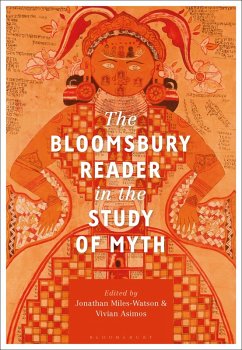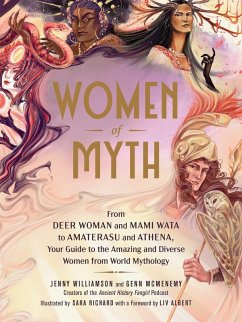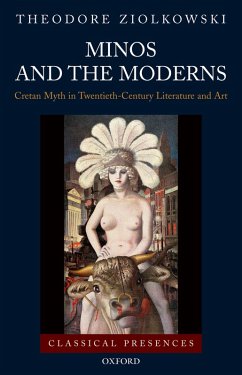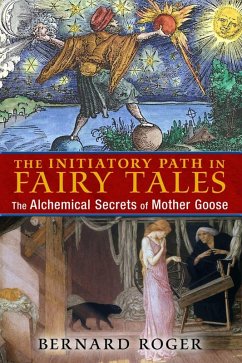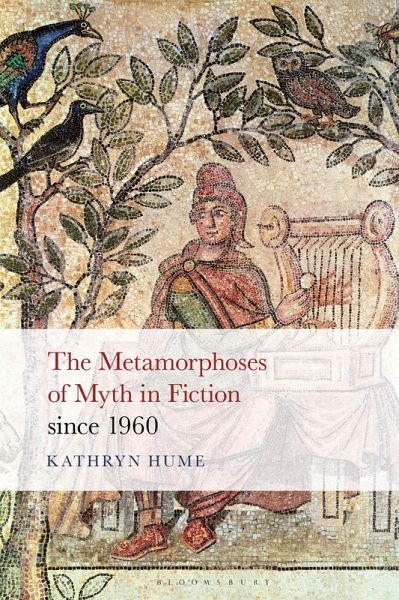
The Metamorphoses of Myth in Fiction since 1960 (eBook, ePUB)

PAYBACK Punkte
13 °P sammeln!
Why do contemporary writers use myths from ancient Greece and Rome, Pharaonic Egypt, the Viking north, Africa's west coast, and Hebrew and Christian traditions? What do these stories from premodern cultures have to offer us? The Metamorphoses of Myth in Fiction since 1960 examines how myth has shaped writings by Kathy Acker, Margaret Atwood, William S. Burroughs, A. S. Byatt, Neil Gaiman, Norman Mailer, Toni Morrison, Thomas Pynchon, Kurt Vonnegut, Jeanette Winterson, and others, and contrasts such canonical texts with fantasy, speculative fiction, post-singularity fiction, pornography, horror...
Why do contemporary writers use myths from ancient Greece and Rome, Pharaonic Egypt, the Viking north, Africa's west coast, and Hebrew and Christian traditions? What do these stories from premodern cultures have to offer us? The Metamorphoses of Myth in Fiction since 1960 examines how myth has shaped writings by Kathy Acker, Margaret Atwood, William S. Burroughs, A. S. Byatt, Neil Gaiman, Norman Mailer, Toni Morrison, Thomas Pynchon, Kurt Vonnegut, Jeanette Winterson, and others, and contrasts such canonical texts with fantasy, speculative fiction, post-singularity fiction, pornography, horror, and graphic narratives. These artistic practices produce a feeling of meaning that doesn't need to be defined in scientific or materialist terms. Myth provides a sense of rightness, a recognition of matching a pattern, a feeling of something missing, a feeling of connection. It not only allows poetic density but also manipulates our moral judgments, or at least stimulates us to exercise them. Working across genres, populations, and critical perspectives, Kathryn Hume elicits an understanding of the current uses of mythology in fiction.




